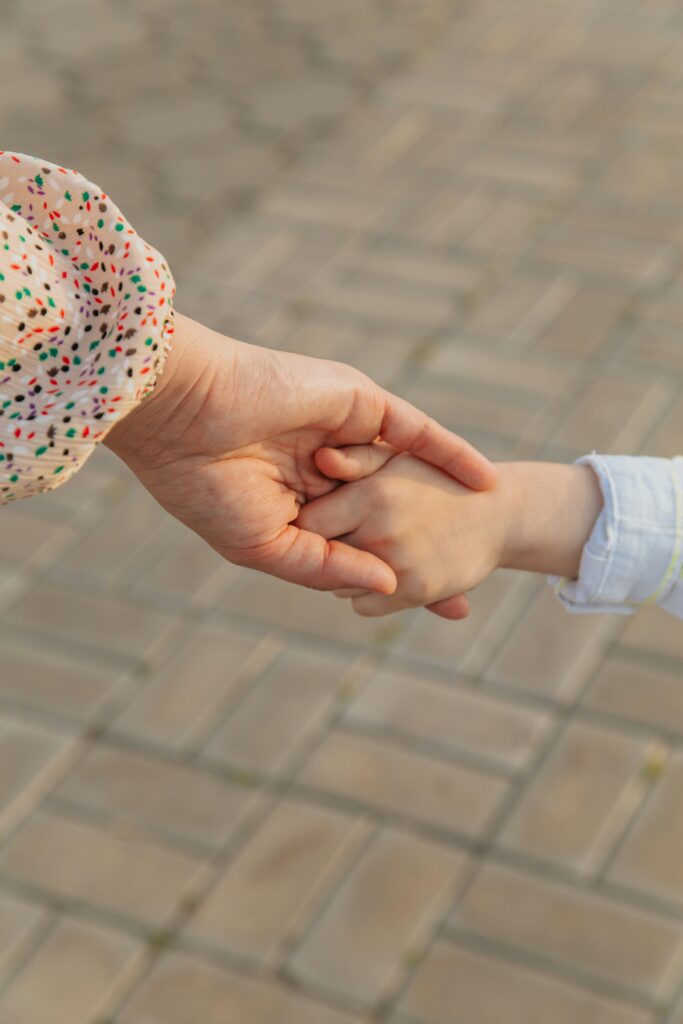EECERA Conference 2025 – Guest Blog # 35: Striking the right balance
Posted 24th August 2025
One of a series of short blog posts by presenters who will be sharing their work at the upcoming annual conference in Bratislava, Slovakia. Any views expressed in this post are those of the author(s) and do not necessarily reflect the official stance of their affiliated institution or EECERA.
Striking the right balance of cognitive and affective empathy in Gen Z early childhood teachers
By Charyna Ayu Rizkyanti, PhD – Associate Professor in The Faculty of Education, Universitas Islam Internasional Indonesia

Photo by Marina Abrosimova on Unsplash
In Indonesia, as in many parts of the world, Generation Z is steadily entering the teaching profession, bringing with them unique strengths and challenges. Born between 1995 and 2010, the Early Childhood (EC) educators are emerging as a distinct cohort whose formation is marked by digital fluency, heightened social awareness, and increased openness around mental health. Within the highly relational field of early childhood education (ECE), these generational characteristics raise important questions about how teachers engage with children emotionally and intellectually. It is Empathy, the ability to understand and respond to children’s emotions in ways that build trust, nurture development, and create meaningful learning experiences.
Against this backdrop, my research was guided by the following question:
To what extent do Gen Z early childhood teachers in Jakarta demonstrate a balance between cognitive and affective empathy, and how are these dimensions influenced by demographic (education, experience) and institutional (school type) factors?
The study involved 131 EC teachers working in settings in Jakarta. Using the Basic Teacher Empathy Scale (BTES) developed by Rizkyanti et al. (2025), and analysed through Rasch modelling and quantitative methods, the research examined two dimensions of empathy: cognitive empathy (understanding a child’s perspective) and affective empathy (emotionally resonating with a child’s feelings) and further examined how demographic and institutional factors: level of education, teaching experience, and school type influence how young educators perceive and enact empathy in the classroom.
Findings revealed that Cognitive empathy consistently scored higher than affective empathy. Teachers were adept at intellectually processing children’s emotions, such as interpreting a child’s sadness or perspective, but found it harder to directly feel with the child at an emotional level. It also found teachers with more experience displayed slightly stronger in cognitive empathy, suggesting that professional practice sharpens perspective-taking skills. Lastly, certain school contexts were linked to lower affective empathy, highlighting how structures and expectations can shape teachers’ emotional engagement.
Through these findings, it shows how the imbalance of affective and cognitive dimensions has important implications for teaching and learning. Strong cognitive empathy is an asset which equips teachers to manage classrooms effectively, assess children’s needs, and make sound pedagogical decisions. On the other hand, weaker affective empathy raises concerns, as without emotional resonance, teacher–child relationships may risk becoming transactional or detached, limiting the secure attachments and nurturing environments that are so critical in early years. The challenge, then, is not to privilege one dimension of empathy over the other, but to strike the right balance ensuring that teachers can both understand and authentically connect with children.
This research contributes to academic and professional conversations on early childhood pedagogy by making visible the nuanced ways in which empathy is navigated by a new generation of teachers. It affirms that in order to create truly nurturing and responsive learning environments, empathy must be cultivated as both an intellectual capacity and an emotional practice.
In my presentation at the EECERA Conference, I will share more detailed insights, including to discuss strategies that could help bridge the empathy gap among Gen Z teachers. The goal is to prepare a new generation of educators who can combine cognitive clarity with emotional authenticity, ensuring that early childhood settings are both intellectually stimulating and emotionally nurturing. Here, I invite colleagues, practitioners, and researchers to reflect on these questions with me on “How can we best support young teachers to balance empathy in their professional lives and how might empathy training reshape the future of early childhood education”.
If these questions resonate with your work, I look forward to connecting with you during the conference. Together, we can advance our understanding of empathy, not as an abstract concept, but as a lived practice that shapes the lives of both teachers and children.
Charyna Ayu Rizkyanti will present work referred to in this blog in Symposium Set A | Tuesday 26th August 2025, 13:30 – 14:50. (Schedule liable to change; please refer to final programme for details).
Connect with me on https://foe.uiii.ac.id/academic/charyna-ayu-rizkyanti-ph-d/. For questions or collaborations, feel free to reach out at charyna.rizkyanti@uiii.ac.id
